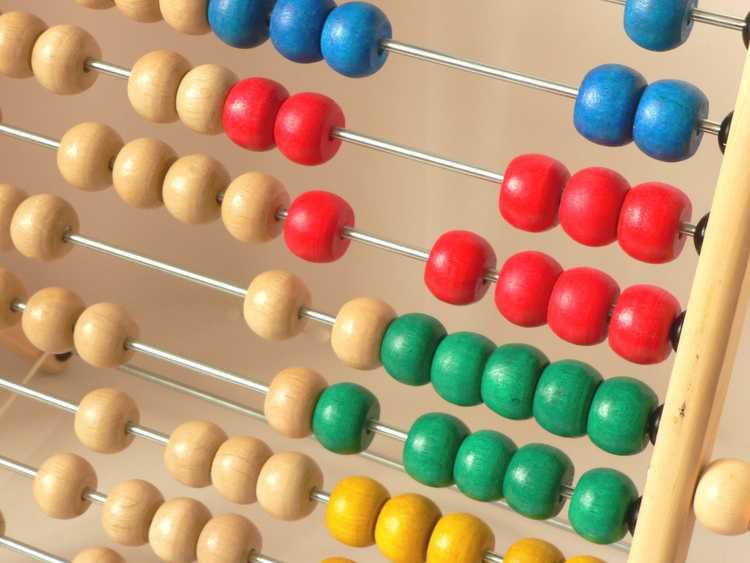Maths is pointless, right? Wrong! Smartick explains the importance of the subject in our everyday life

WHEN you’re sat in class learning about Pythagoras’ Theorem, the value of X or having your mind boggled by geometry, it is easy to assume this learning is pointless. That you will never need to use these skills in everyday life unless you become a maths teacher or a scientist.
But the truth is, all of this comes in extremely useful for a wide range of jobs and a variety of everyday tasks.
Here, the experts at Smartick, the innovative programme that enables children aged four-to-14 to brush up on their maths skills with bespoke online training, have highlighted how.
Pythagoras’ Theorem:
In maths class we are taught that in a right-angled triangle, the square of the two sides connected to the right angle is equal to the square of the third side called the hypotenuse. But how is this useful in life?
If you’re decorating a room and using a ladder or if you need to paint on a high building, you will need to determine how tall the ladder needs to be to safely place the base away from the wall so it won’t tip over.
And, when you’re buying a TV or a computer the sizes are always given as a measure of the diagonal too. You’ll need to use Pythagoras’ theorem to then work out the length and height.
Geometry:
Finding the areas, volumes and lengths of different shapes makes up a big chunk of maths lessons, but did you know it also makes up a huge part of video games too?
Computer programmers are only able to create their virtual worlds because of the geometric computations which help to design the graphics. And, looking further afield, geometry is also important in other aspects of design. Interior designers need to make a room look more visually appealing with different shapes and patterns as well as take measurements to ensure everything will fit together, and this also goes for fashion designers too.
Architects need to also use geometry when putting together their blueprint of a new building and even artists need to use the concept when painting to determine perspective and proportion.
Basic maths:
Addition, subtraction, multiplication, division and percentages are all essential for daily life. We need all of these for budgeting, working out how much money we have left after we’ve paid the bills, as well as how much we have left each month for our weekly food shops.
These applications are also important in cooking, particularly when adapting recipes to feed more or less people, as well as exercise and training.
When we’re training in sport we need to know how much we should increase our training sessions by, whether that be mileage, speed or weight, in order for us to get stronger, fitter and faster.
These are also great skills to have when it comes to time management in the workplace too.
Javier Arroyo, Co-founder of Smartick, said: “As you can see maths is an essential part of daily life and is used in so many careers.
“For children who may need some extra help, Smartick is a great programme to help bring them up to speed and improve on any weaker areas of the subject. Each lesson only lasts for 15 minutes and are tailored to each student in a gamified way. By allowing children to see the fun side of maths, learning can really be made exciting.”
Smartick uses a complex AI system to create a unique learning programme for each individual based on their academic level in real time. It specialises in maths and coding and each task has a focus including memory skills, critical thinking, logic, reasoning and problem solving.
The programme, which is available to download onto computers and tablets, is currently used in 185 countries and has even been shown to help with SAT exam success in the UK. For more information visit smartick.com

Responses